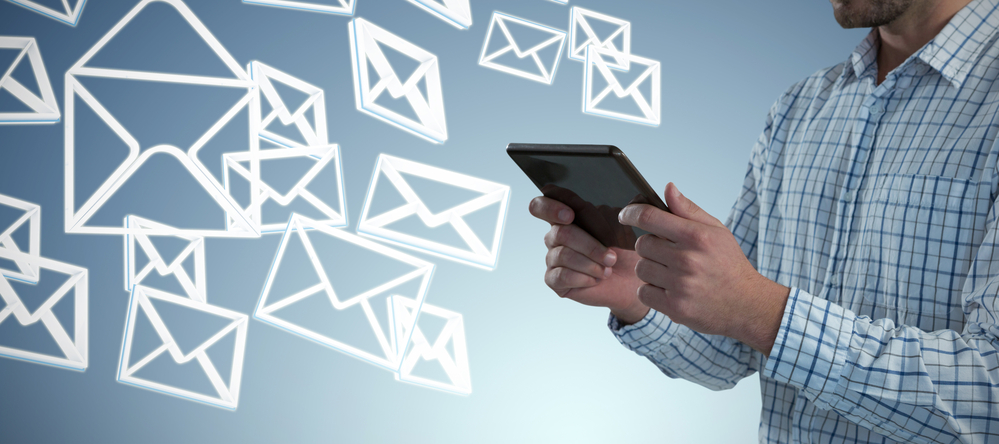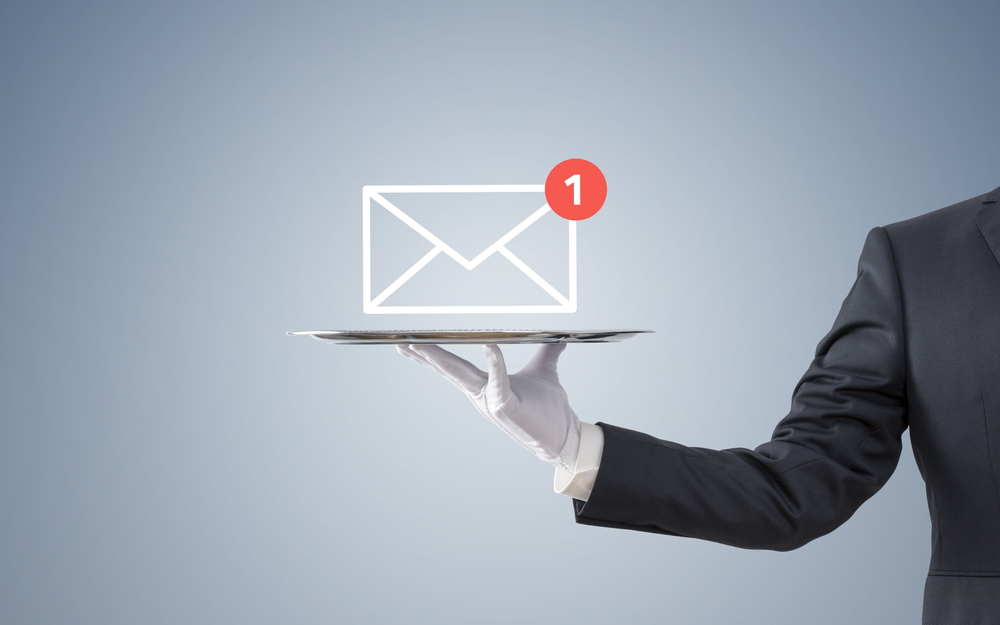As an email marketer, it’s crucial to stay ahead of the game and leverage the latest technologies to improve your email marketing strategy. One such technology that has been revolutionizing the industry is artificial intelligence (AI). AI has the power to enhance various aspects of your email campaigns, from subject lines to send times and audience segmentation. In this blog post, we will explore how you can use AI in your email marketing efforts and take advantage of its capabilities.

Understanding AI in Email Marketing
Before diving into the different use cases of AI in email marketing, let’s start by defining what AI is. AI, or artificial intelligence, is the science of making machines smart. It involves training machines to learn from massive amounts of data and make predictions or recommendations based on that learning.
In traditional email workflows, humans create rules for machines to follow. However, with AI, the machine becomes smarter on its own through a process called machine learning. Once trained by humans initially, the machine can then discover its solutions and pathways based on the data it has analyzed.
Now that we have a basic understanding of AI in email marketing, let’s explore how it can be used effectively.
Use Case 1: Gmail’s Intelligent Features
Gmail, one of the most popular email clients globally, relies heavily on AI for its core features. Firstly, it uses AI algorithms to filter out spam emails in real time. This helps ensure that only legitimate emails make it into users’ inboxes.
Secondly, Gmail uses AI-based categorization to sort incoming emails into different categories like primary inbox, social emails, or promotional emails. This feature helps users prioritize their emails more efficiently.
Lastly, Gmail utilizes AI-powered predictive text suggestions called Smart Compose. This feature predicts what the user wants to write next, making email composition faster and more accurate.

Use Case 2: Email Management with AI
AI can also assist in managing your email by automating certain tasks. Advanced email tools like Superhuman use AI for their “AI triage” feature. This feature flags important emails based on algorithms that work in reverse, similar to cutting-edge spam filters. It helps users prioritize and respond to essential emails effectively.
Moreover, AI-powered email tools can flag potentially dangerous emails that may be phishing attempts. By analyzing patterns and content, AI algorithms can identify potentially malicious messages and protect users from cyber threats.
Use Case 3: AI-Generated Subject Lines
Writing compelling subject lines is one of the critical factors for achieving high open rates in email marketing. AI, specifically natural language generation (NLG), can generate subject lines that are optimized for engagement.
With access to vast amounts of data, AI algorithms can analyze factors like word choice, sentiment, and even emoji use to create subject lines that resonate with recipients. Companies like Phrasee have developed AI technology that consistently outperforms human-written subject lines in tests.
By leveraging AI-generated subject lines, marketers can increase open rates and ultimately drive more revenue from their email campaigns.
Use Case 4: Optimized Email Send Times
Sending emails at the right time is crucial for maximizing open rates and engagement. However, determining the optimal send time for each subscriber manually is nearly impossible at scale.
This is where AI comes in handy. Tools like Seventh Sense utilize artificial intelligence to analyze data from various sources such as HubSpot or Marketo. With this data, they build predictive models for each contact on your list. This ensures that every recipient receives the email at the time they are most likely to open it based on their historical behavior patterns.
By leveraging AI to optimize send times, marketers can significantly improve their overall campaign performance and increase conversions.

Use Case 5: Smart Audience Segmentation
Segmenting your email list is crucial for delivering personalized content and offers to your subscribers. AI can help streamline the segmentation process and identify patterns that humans may miss.
By analyzing subscriber behavior, purchase history, and website interactions, AI algorithms can identify new ways to segment your audience effectively. Salesforce’s AI capabilities, for example, enable marketers to uncover hidden patterns quickly and create highly targeted segments.
By leveraging AI for segmentation, marketers can ensure that their emails are highly relevant and tailored to each recipient’s preferences. This leads to higher open rates, click-through rates, and ultimately better campaign results.
Use Case 6: AI-Generated Email Newsletters
Sending curated content through email newsletters is a popular strategy for engaging with subscribers. However, manually curating content for each individual on your list can be time-consuming and challenging.
AI-powered tools like rasa.io automate the process of curating content by pulling interesting articles from third-party sources. These tools also use AI algorithms to analyze user behavior and personalize the content in each newsletter based on individual preferences.
By leveraging AI-generated email newsletters, marketers can deliver more relevant content to their audience while saving time and effort in the curation process.
Getting Started with AI for Email Marketing
Now that we’ve explored various use cases of AI in email marketing, you might be wondering how you can get started with implementing AI in your campaigns. Here are a few steps you can take:

- Educate yourself: Take advantage of online resources like Kobedigital.com’s free live class Intro to AI for Marketers. This class covers essential topics such as understanding AI, identifying use cases, evaluating technology vendors, and measuring the value of AI tools.
- Start small: Begin by incorporating one or two AI-powered tools into your existing email marketing stack. Focus on areas where you think AI could have the most significant impact.
- Analyze and optimize: Continuously monitor the performance of your AI-powered initiatives. Analyze the data and make adjustments to improve results over time.
- Scale up: As you gain more experience and see positive results from using AI in email marketing, consider expanding your AI capabilities and exploring new use cases.
By following these steps, you can lay the foundation for leveraging AI to transform your email marketing strategy and achieve better outcomes.
Conclusion
AI is no longer a futuristic concept reserved for tech giants—it is a practical tool that email marketers can utilize today. From optimizing subject lines to segmenting audiences and personalizing content, AI has the potential to significantly enhance your email marketing efforts.
As technology continues to advance, marketers need to stay updated on the latest trends and embrace new tools like AI. By harnessing the power of artificial intelligence, you can unlock new levels of efficiency, personalization, and success in your email campaigns.